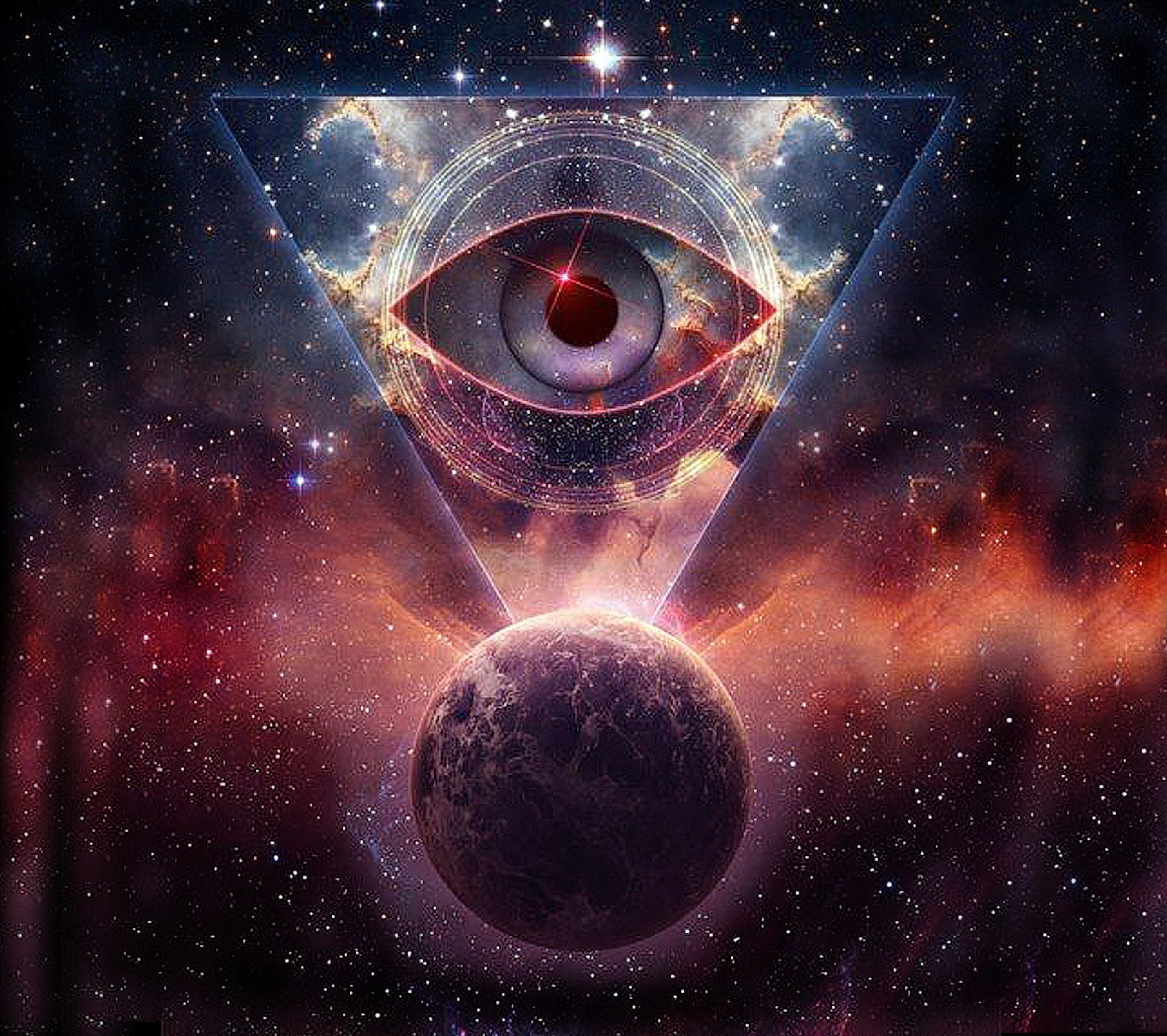A novel perspective on the evolution controversy
Note: This post is taken originally from something I wrote as part of the worldview design training center. I have decided to take what I have written their and put it in this blog. Enjoy!
By: Kyle Alander
One of the most heated debates among Christians is how we are too see evolution. Some deny evolution and hold to a young universe (young earth creationist) . Some deny evolution and hold to an old universe (old earth creationism).
There are those who lean towards a traditional understanding of evolutionary history but think that God must have supernaturally intervened in much of the events in that history. This can either be those that hold to intelligent design theory or those that hold to some variation of evolutionary creationism that requires divine intervention within certain events. So while one can hold a traditional view of the evolutionary history there are many events in that history that require supernatural intervention.
Then there is what I will term *deistic evolution* where God just sets up the initial conditions and lets everything play out on its own. So God is sustaining the universe but is not responsible for much other things. The entire evolutionary history on this account is a totally natural process and nature is mindless and follows strict physical laws.
Here I want to step back and look at the underlying assumptions being made in these views. While I do lean more towards theistic evolution (since I deny intelligent design theory and I accept the traditional evolutionary story of life on Earth) I have a new option that is consistent with a Christian understanding of nature rather than deism:
If Christians are too hold a view that rejects intelligent design theory and hold that evolution doesn't require constant divine intervention and NOT commit themselves to deistic evolution I think Christians will need to change their views not on evolution but on their philosophy of nature
(1) Philosophy of Nature
Philosophy of nature asks about what is nature fundamentally? Here are two options:
1. Nature is a blind and mindless machine that strictly obeys physical laws
2. Nature is a cognitive and mental process that has intelligence built into it
Most scientists including Christians who hold to intelligent design or hold to a divine interventionist view of evolutionary creationism, and the neo-darwinist and the deistic evolutionist assume the first option. The idea of a mental aspect to nature is something that most scientists (of every persuasion) don't generally consider. Nature is thought to obey rules (physical laws) mindlessly and strictly. And this assumption is held by people of all sides of the evolutionary controversy.
Those who hold to intelligent design or some variation of evolutionary creationism that requires divine intervention will assume without justification that nature is inherently mindless and non-intelligent and so assume that we need an external intelligent designer in order to account for the intelligence found in biological systems.
(2) The novel approach to evolution
My view is to take the second option: Nature is a cognitive and mental process that has intelligence built into it
Taking this approach on the philosophy of nature bypasses a lot of issues. The Christian can say that God sustains a universe that has cognition already built into it (not human cognition but the type similar to plants). Taking this approach would bypass the intelligent design objections against evolution because they presuppose that nature doesn't inherently have intelligence built into it. However if nature does have intelligence built into it then one does not require an intelligent design theory to account for this. If God created a universe that already has cognition built into it then one can be consistent with the idea that evolution was the total byproduct of nothing but natural processes and that natural processes themselves are cognitive and intelligent. As soon as we deny that nature is fundamentally mindless then that opens the door for an intelligent creation that can produce things on God's behalf without God needing to do constant divine interventions.
While intelligent design theorists are correct in that you cannot get intelligence from non-intelligence (or cognition from non-cognition). The intelligent design theorist are forgetting that if one's philosophy of nature includes the fact that nature is itself intelligent and cognitive then that will explain the data that intelligent designers appeal to when trying to support their theory.
And so it is my view that God creating a universe that has cognition built into it and therefore can evolve intelligently on its own is more likely than God creating a mindless universe that requires constant divine intervention. It really comes down to one's philosophy of nature.
Conclusion
If nature is fundamentally mindless then it is expected that one will not be able to explain consciousness nor will they be able to explain the intelligence within biological systems. However if nature is fundamentally mental and cognitive then one will be able to explain the data of consciousness and intelligent biological systems within a theistic evolutionary framework.




Comments
Post a Comment